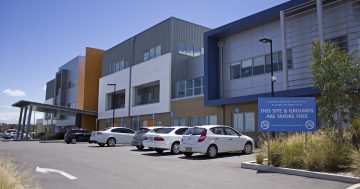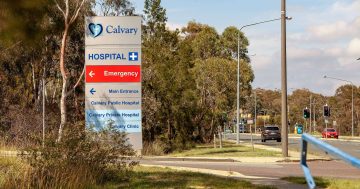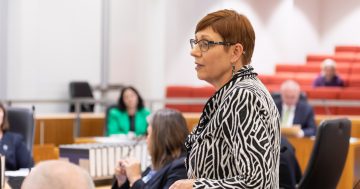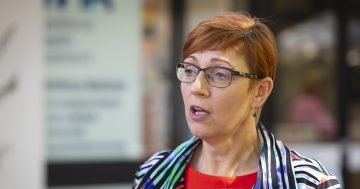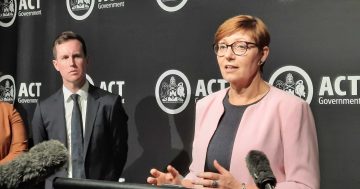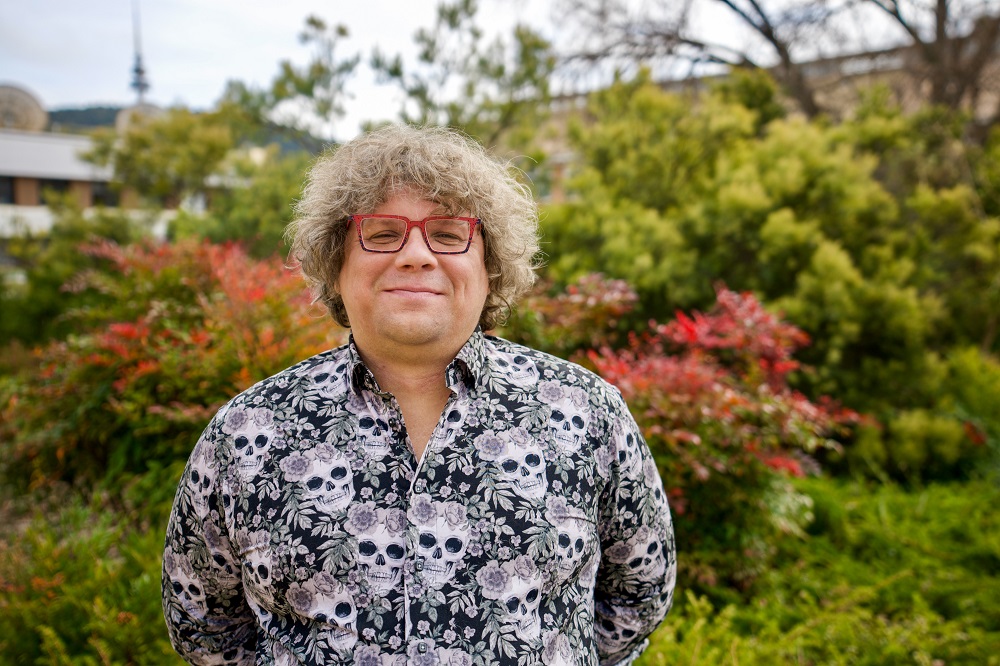
Dr Nathan Emmerich was concerned by Queanbeyan District Hospital’s apparent ban on surgical abortions. Photo: ANU.
An Australian National University bioethicist has called for clearer guidelines on when doctors can conscientiously object to performing abortions as calls grow for the service to be provided more widely in NSW.
Abortion was decriminalised in the state in 2019, but few public NSW hospitals provide surgical abortions for unwanted pregnancies. Most GPs in the state are also not trained in administering MS-2 Step – the product used for medical abortion.
This means many women in rural areas have to travel several hours and spend up to $700 to get the procedure done in private clinics.
Bioethicist Dr Nathan Emmerich recently published a paper which questioned the scope by which doctors could choose not to do abortions due to personal ethical concerns.
“The details of what constitutes conscientious objection are relatively ill-defined,” he told Region.
“It’s linked to the human right to freedom of thought, conscience and belief. But there is no right to be a health care professional, so you can protect that right by not being a health care professional. This means conscientious objection should be seen as a compromise.”
Dr Emmerich said current research showed religious or moral objections to abortion were not the only reasons many clinicians chose not to undertake the procedure.
“There’s no test for what conscientious objection is, which means it’s open to misuse… many rural doctors know they don’t have to do it so they don’t, even though their underlying reasons are not moral ones but more pragmatic concerns,” he said.
“It’s a prisoner’s dilemma. Part of the reason rural doctors don’t want to provide abortion is that they don’t want to be stigmatised in their local communities. But that’s a problem generated by the fact their colleagues are acting in this same way. If they all provided medical abortions, they wouldn’t have that problem.
“I’d like to see professional bodies issue guidelines of what a contentious objection is and, if doctors do not make efforts to become a provider, they should be asked to account for themselves.”
Retired Wagga-based obstetrician Dr Ian Stewart said when he was practising it was rare for doctors in his area to perform abortions. He said the reasons varied.
“Wagga is fairly Catholic, there are those who object to abortions on religious grounds,” he said.
“That wasn’t my problem… but terminating a pregnancy was something I did not like to do. I spent my time as a medical student, resident GP and an obstetrician trying to preserve life. As a philosophical point, this was not preserving life.
“I think doctors certainly have the right not to do abortions, but alongside that is the obligation to help women to have their pregnancy terminated somewhere else.
“It will be up to the health service to locate and access practitioners who are willing and technically competent to perform abortions. Until that problem is solved, unfortunately many needy women will be faced with the multitude of difficulties currently encountered.”
Dr Emmerich said he was concerned public hospitals in Queanbeyan and Orange had reportedly chosen to ban surgical abortions.
“If you are unwilling to make the arrangements involved in the organisational provision of abortion, then you should not accept a managerial role that requires you to do so,” he said.
“Conscientious objection has limits, it only applies to being directly involved in the actual procedure. Hospitals should be providing this basic service.”
Following ABC media reports on these cases, NSW Health Minister Ryan Park intervened and said he would reinstate the practice in Orange.
The Southern NSW Local Health District also announced it would set up a clinic in Queanbeyan and in Moruya to provide no-cost access for women who needed early pregnancy care, including termination. There is no timeframe for when these clinics will be established.












